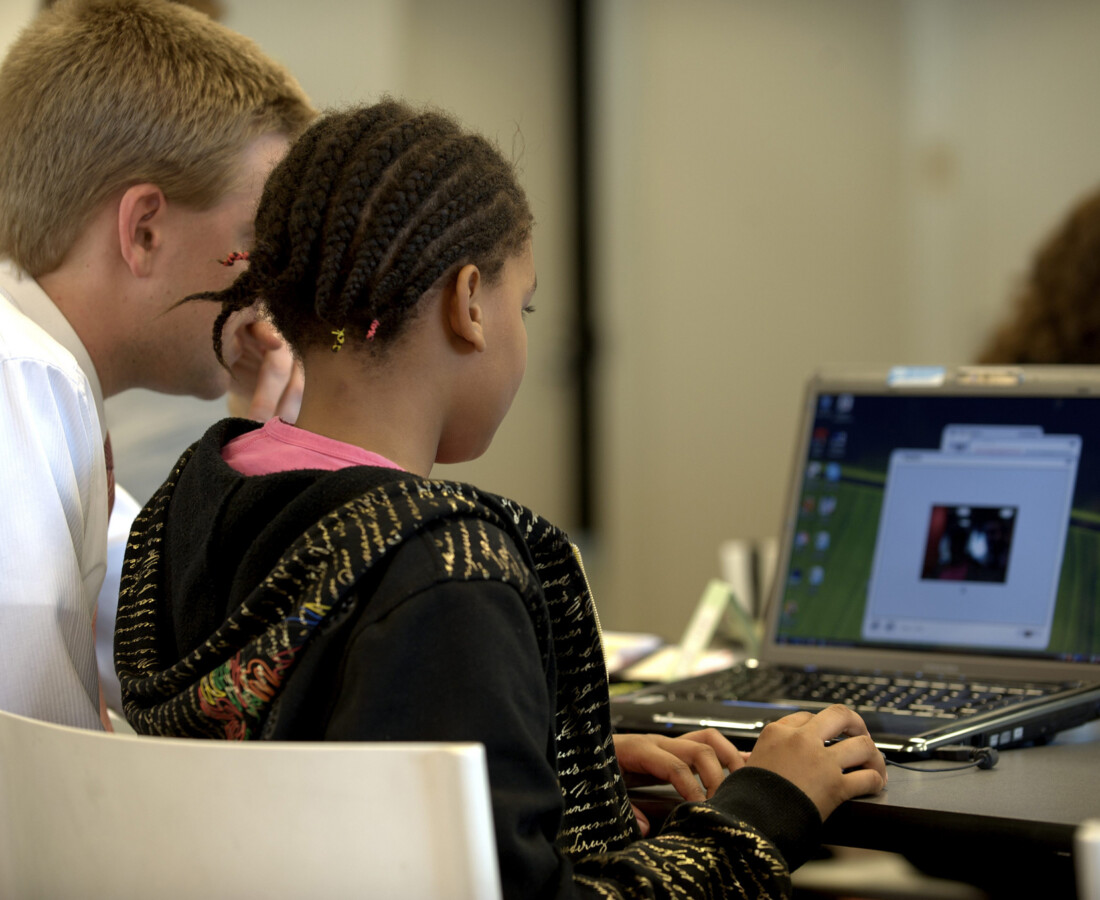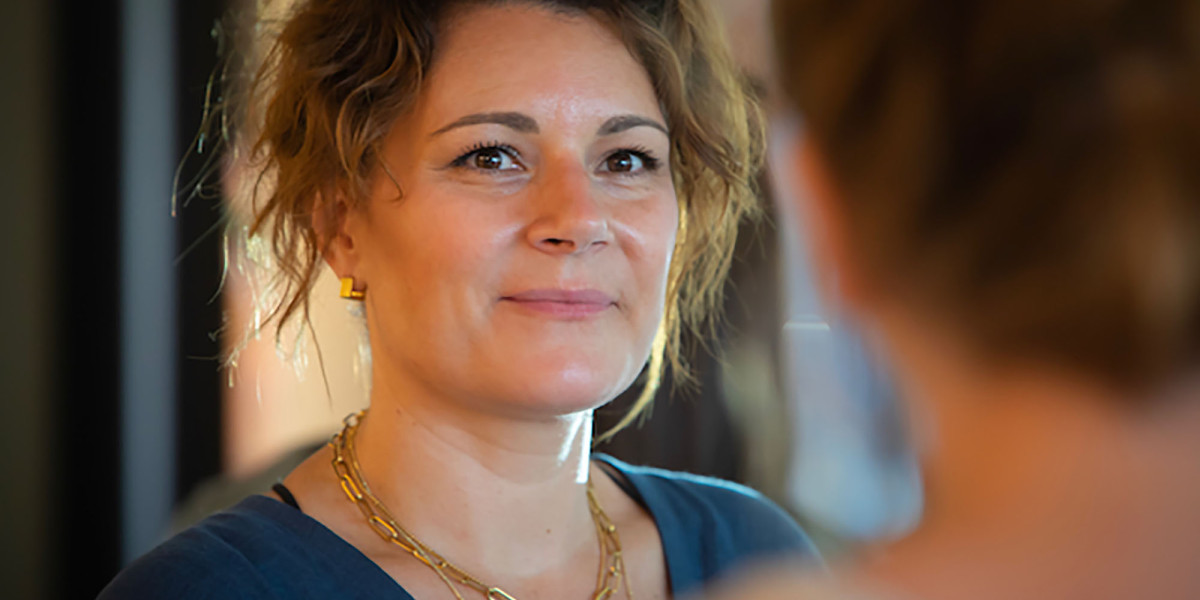By Lauren Parren
In a recent Twitter chat (#vted), we were discussing digital citizenship and the confounded label “digital native” came up. Labels typically get in the way of fully understanding people, and these terms “digital native” and “digital immigrant” smack of ageism and false assumptions.
Coined by Marc Prensky over 14 years ago, it was meant to prompt educators to think differently about teaching and learning. The digital tools now available to learners allow us to go far beyond the walls of the classroom; one of my history teachers is blogging with students in Bhutan this week, for example, mutually solving problems through the lenses of their own culture. When I was in ninth grade, we had a dusty old textbook that managed to make even Ancient Rome boring. The world has indeed changed and teaching and learning need to change with the times.
So, what’s my problem with using the term digital native?
The terms have taken on new meaning over the year, and often are used as a short-hand way of saying that people born before 1980 just don’t ‘get it’ when it comes to using technology well. Some assume that because students today grew up with computers and cell phones they have some innate ability to use the tools well.
Not so.
They may be highly skilled at texting or Snapchatting, but unless someone teaches them to use the power of the machines well, the interactions are typically fairly shallow. The digital immigrants’ understanding of skills in communication, collaboration, problem solving, numeracy, digital citizenship, etc. are vital to encourage deeper thinking and learning.
The broad terms also suggest that all learners have the same opportunities. Consider these data from www.broadbandvt.org:

Although access has improved in the last four years, children who live in poverty are less likely to have access to devices and to Internet access. This is yet another example of a digital divide, a term we should be more concerned with today.
It also seems to suggest that because all students have technology skills, teachers don’t need to bother too much with things they don’t intuitively understand. It subtly shifts responsibility to learners.
Actually, the opposite is needed.
All teachers need to be teachers of Internet safety. All teachers need to be helping learners harness the power of technology to engage students in authentic tasks, solving real-world problems. Digital Natives and Immigrants can become Digital Partners.
Lauren Parren is a technology support specialist at Addison Northeast Supervisory Union and a Rowland Fellow.
This piece was originally published on the Tarrant Institute for Innovative Education blog.





